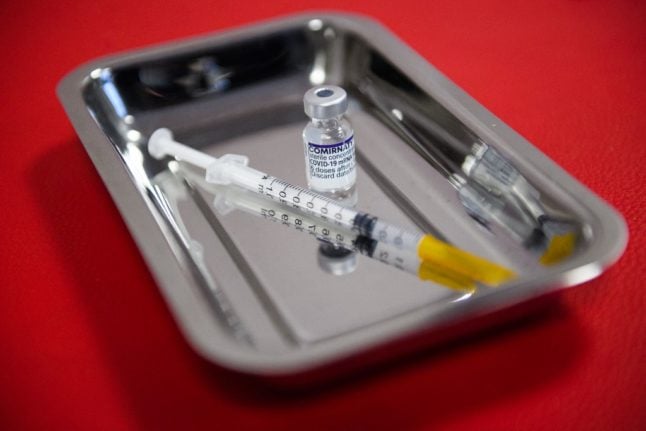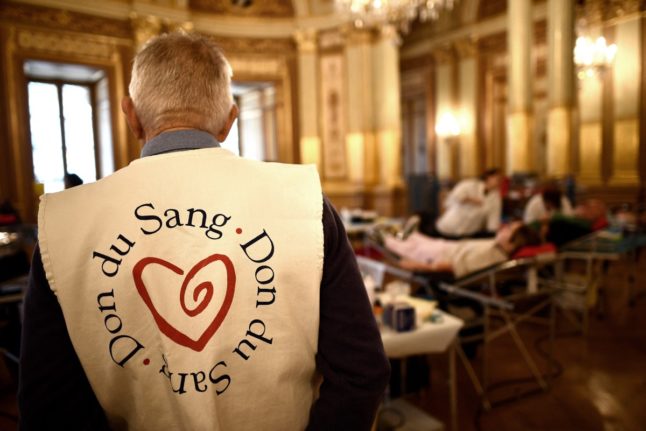The suggestion from the National Medicine Safety Agency (ANSM) is part of efforts to probe possible side-effects of the Pfizer and Moderna vaccines, which have been administered 70 million doses to women in France.
In a statement late Tuesday, the ANSM urged women to give “as much detailed information as possible in the declaration form” which has been made available on the health ministry’s website.
It said that menstrual changes had already been reported to doctors by around 11,000 women, mostly involving “non-serious” symptoms including erratic periods, or bleeding that was heavier or weaker than usual.
These were mostly short-term effects that appeared after being jabbed, but no firm link has been confirmed.
Research published last week in the journal Science Advances found that 42 percent of respondents to a survey reported heavier periods after vaccination.
It also found that some postmenopausal women and transgender men on gender-affirming hormones reported unexpected bleeding.
The survey of 39,000 people was conducted by researchers at the US-based University of Illinois and Washington University School of Medicine in April 2021.
Separate research using data from nearly 4,000 individuals by the Oregon Health & Science University showed in January that on average vaccinated women had a slight delay of almost a day in the onset of their period compared to the unvaccinated.
The slight increase in menstrual cycle length was not judged to be clinically significant, according to the lead author who published her findings in “Obstetrics & Gynecology.”
Reports of menstrual changes were seized on by people opposed to the Covid-19 vaccination programmes implemented in many countries last year.
Experts say misinformation was rampant on social media.



 Please whitelist us to continue reading.
Please whitelist us to continue reading.
Member comments